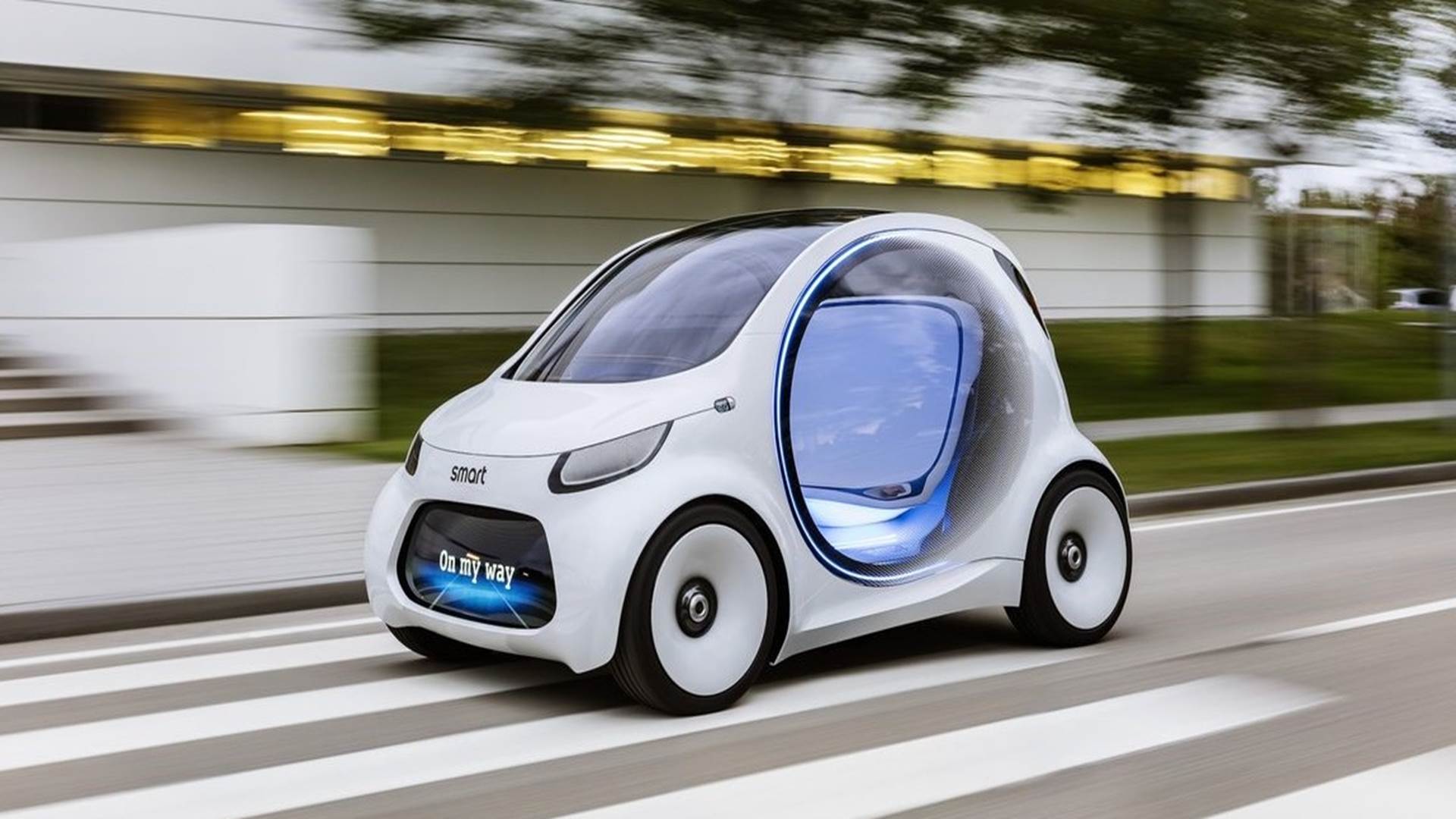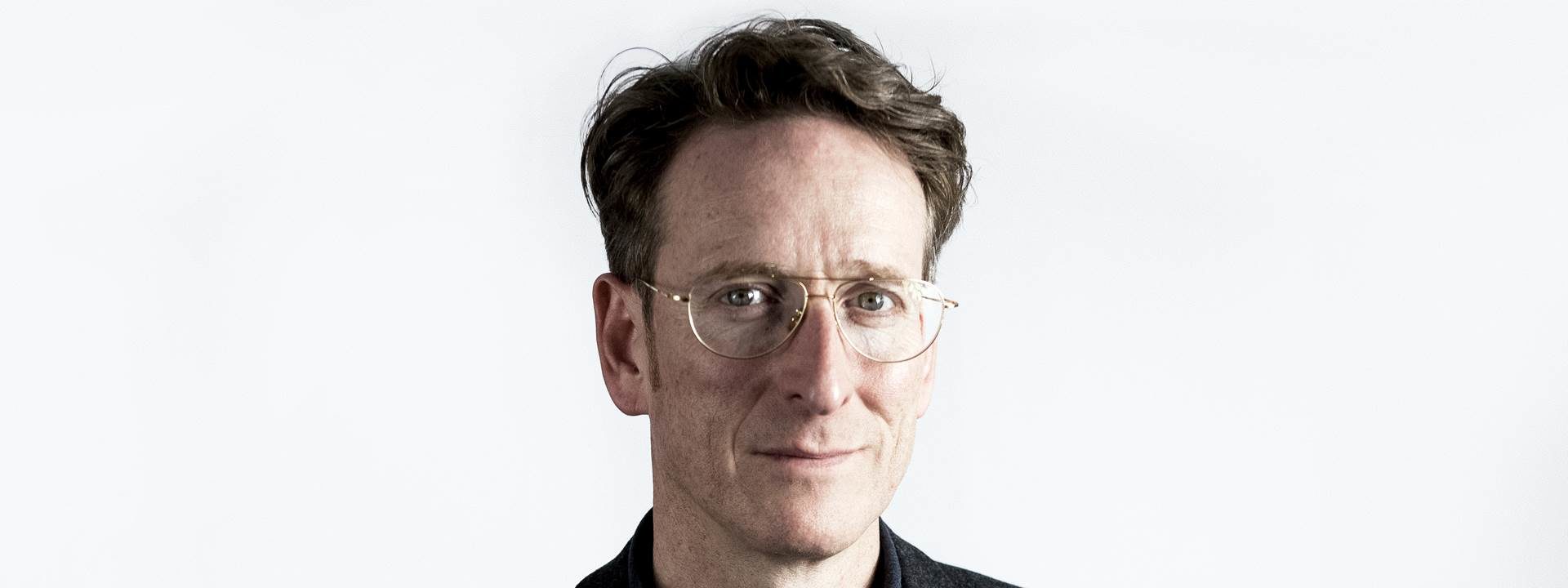THERE’S NOT ENOUGH ‘ME’ IN AUTONOMY
news
Agency News
Published by
Charles Vallance
Date
30/09/2019
Autonomy. It sounds like a very good thing. And it is.
It means having an internal locus of control, self-determination and self-sufficiency. But it is a word that is in danger of being hijacked, of having its positive connotations put to less than positive ends.
I am talking about the world of "autonomous" technology. To some extent, the autonomous revolution is still a way off – it is probably five to 10 years before autonomous driving becomes prevalent, for instance. But the vision of autonomous driving is emblematic of the semantic trick that is being played on us. Because driverless cars do not give us autonomy. They make us dependent. Like children being ferried around. Only with big tech as our parents.

Now, does this matter? I don't think it does in any individual case, but I am more ambivalent about the cumulative effect.
Take satnav, for instance. To what extent are we letting the way-finding part of our brain get lazy by never reading a map or planning a journey? And it's not just in cars. I increasingly use GPS to navigate by foot. Shortcuts breed shortcuts. There's something contagious about mental laziness.
And, like many contagious things, it's also prolific. We are faced with a growing multitude of lazy options, all of which are designed to carry out tasks our brains used to perform.
When you step back, it's surprising how much of our daily intellectual effort has already been outsourced to new tech platforms, from spellcheck to autocorrect, from the memory in our phones to Google translate and search. What once taxed our brains – language, spelling, remembering things – increasingly requires no exertion. Voice activation adds to the mental delegation; Alexa means we no longer need to tune in to a radio station, tell the time or know the date.
These little removals of mental responsibility, masquerading craftily as increased autonomy, could potentially diminish us over time in the way they displace mental resourcefulness.
There is an established, tech-led narrative about the need for seamless, friction-free experiences. And these will remain the gold standard for customer-centric service design. But perhaps in the public domain, and in the broader purposes of the brands we work for, we should consider a counter-narrative. Of building structural (pleasant) inconvenience back into experience – getting people to use their brains as opposed to intellectual delegation, to use the stairs as opposed to the lift, to go off track so that, serendipitously, they can smell the roses they may not otherwise have noticed.
Switched-on brands are, in my view, already on the case. They tend to be the ones who champion big, collective experiences and all the noise, messiness and spilt beer that goes with them. They tend to be the ones with the "chatty aisle", an inefficient checkout where people with time on their hands can check out with garrulous inefficiency.
They tend to be the ones that confront with heat – rather than remove without friction – online hate towards their staff or communities. They tend to be the ones that manage to see what a hi-tech, individualised world can make invisible, such as the loneliness that may come with old age. They tend to be more human. The ones putting "me" back into autonomy and "us" back into autonomous.



